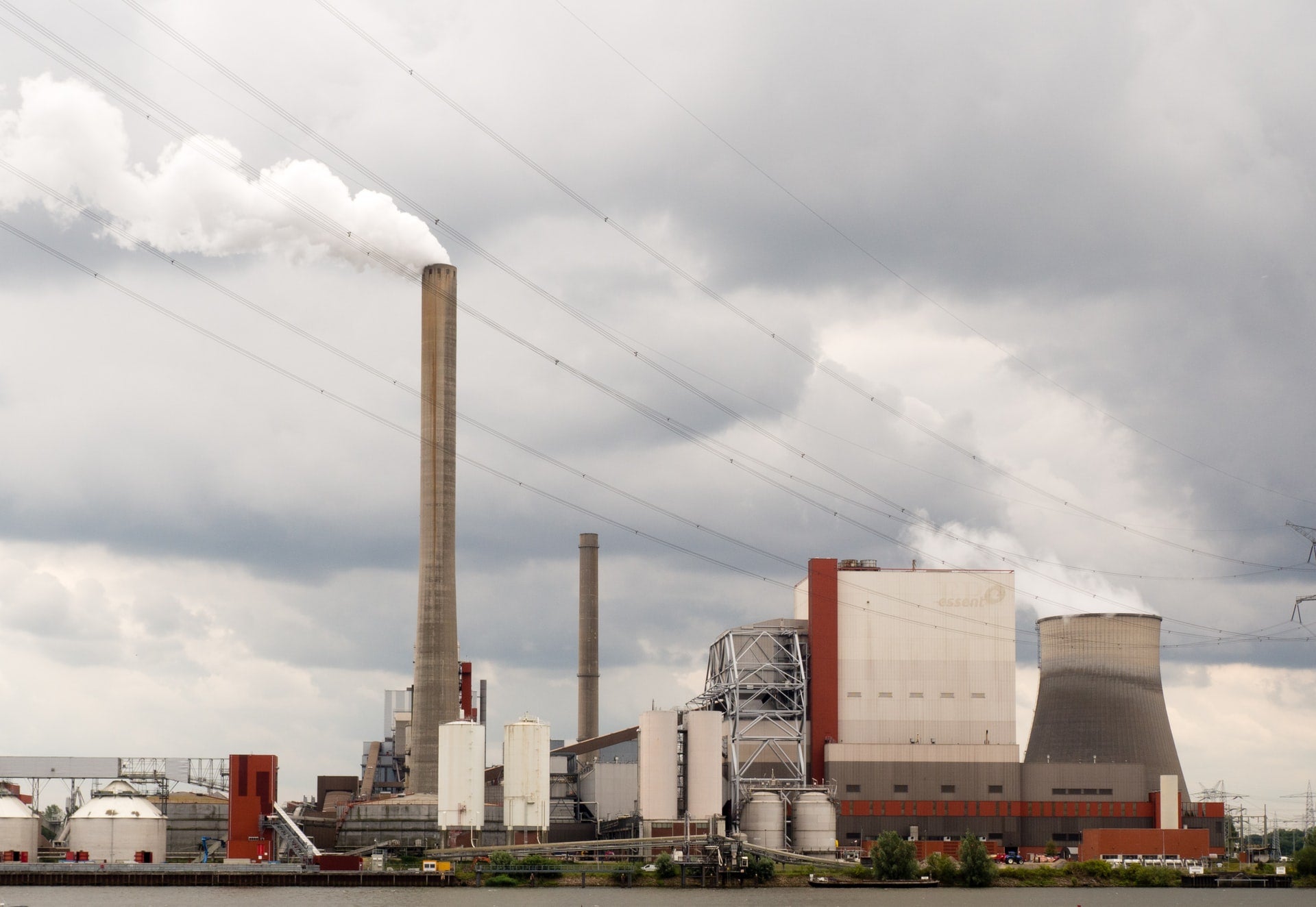
States across India have issued panicked notices that coal supplies to thermal power plants, which convert heat from coal to electricity, are running perilously low and are warning of power blackouts.
Eight in 10 thermal power stations are within days of running out, with nearly 80% of the country’s coal-fired plants in critical or “supercritical” stage, according to data from the Central Electricity Authority of India.
Arvin Kejriwal, Delhi’s chief minister, wrote to Prime Minister Narendra Modi that the capital “could face a blackout” if power did not receive more coal. Power cuts as long as 14 hours have been experienced in states including Rajasthan, Jharkhand, and Bihar.
Experts have reacted, saying that the power issues are not due to a shortage of domestic coal production.
Domestic coal production in India has exponentially risen in the past 20 years, with a minor dip in production due to the pandemic of less than 1%.
Coal India Limited, alongside energy providers, have been accused of failing to stockpile sufficient amounts to meet the predicted rise in demand.
Sunil Dahiya, an analyst at the Centre for Research on Energy and Clean Air, said: “The current crisis is not manifested by shortage of coal mining capacity, but instead it is caused by improper foresight, planning, and stocking of coal by power generators and energy regulators in the country.”
Due to a global energy crisis, which has seen international prices hit record highs, it has been a challenge for many, including India, to import more coal.
Vibhuti Garg, lead India economist for the Institute for Energy Economics and Financial Analysis, said that there had been significant growth in electricity demand recently, as India – and many other countries – re-emerged from Covid-19
“Various stakeholders are to be blamed for the situation,” said Garg, who described the situation as “scary but likely to get better soon”.
He continued: “Developers were playing safe, thinking that there was a high chance of another Covid wave hitting around this time of the year, which would suppress demand. So they didn’t do enough to stock coal at their end. While there was availability of coal in the last few months, developers were not maintaining enough stock at their end, leading to a crisis situation now.”
Garg said that if the Indian Government had focused on increasing the capacity of renewables such as solar, wind, and hydro, “the increased demand could have been met through renewable energy and this crisis would have been averted”.
RK Singh, India’s minister for power, said that “panic has been unnecessarily created about coal shortages”.
Concerns that the shortages will be used to justify pushing more domestic coal production, with India already planning to boost its domestic coal production to 1 billion tons by 2024.
Dahiya added: “The situation is used by few stakeholders to push forward more opening up of coal mines, citing the reason as low coal availability but that’s not true at all.”
If India is to meet its climate targets, the country will also need to wean itself off coal, which powers almost 70% of its electricity.
Garg added: “I think the government is using this as an opportunity to push for more coal mining or coal-based power generation. But we should avoid investing money in assets that will become stranded.
“Coal-based generation is expensive and the prices will further increase. On the other hand, renewable energy generation is cheap and prices are likely to go down further.”



